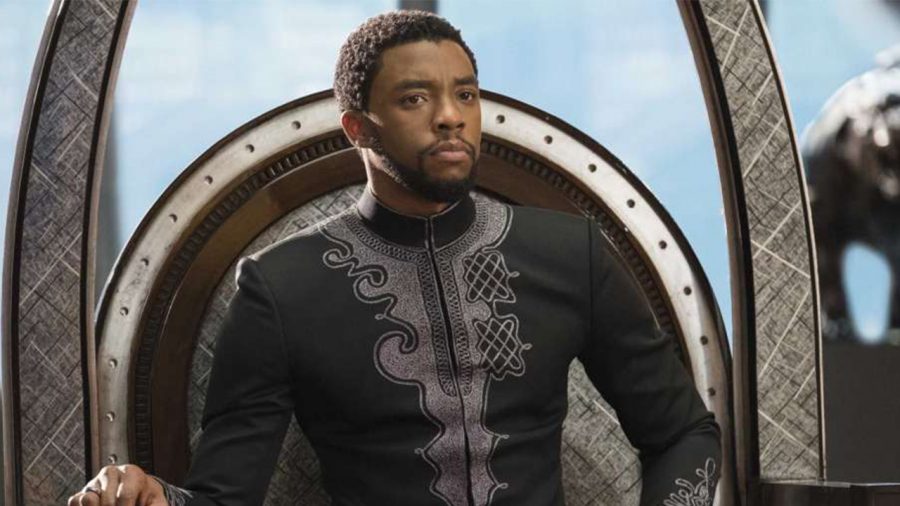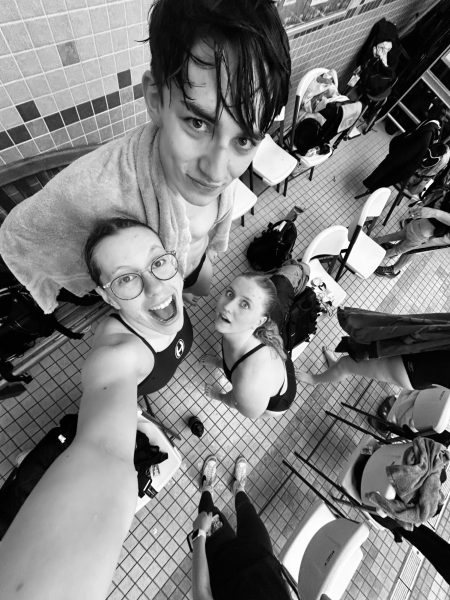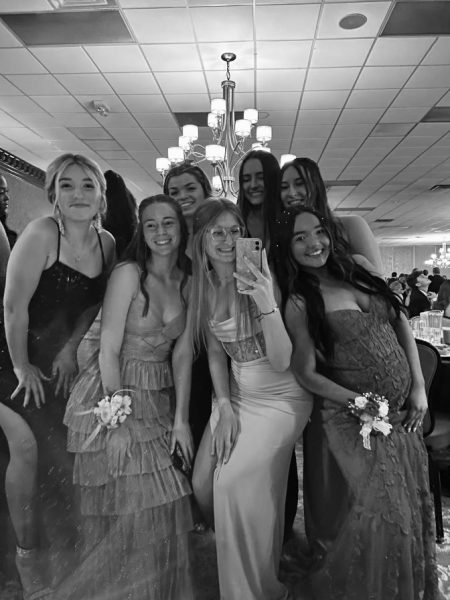An In-Depth Review of “Black Panther”
Not even the cautionary phrase “hold onto your edges” will save you from the premature baldness Ryan Coogler’s Black Panther will inflict upon you. This film will snatch your weave even if you aren’t wearing any, and then proceed to burn all of your natural hair follicles to the root so that you will never again hope to have a full head of hair. Many entered the theater on Feb. 16th with sky-high expectations – the previews, trailers and raving critics surely built this film a ten-foot high pedestal and we all climbed atop it, despite how dangerous it can be to go into a film with high hopes; perhaps a universal desire to see a black titular superhero justifies this. However, such a revolutionary idea requires the utmost skill and attention to allow for proper execution.
When I tell you that my ludicrously high expectations, not only as a black viewer but a lover of superhero films and a harsh critic in general, were not only met but exceeded, I’m not exaggerating. I had faith in myself to be the first person to tear this movie down if so much as one thing was out of line or inappropriate in relation to black culture and relevant issues, but I was pleasantly surprised to find that not only was the narrative blooming with relevant and important black social issues, but the characters were believable, likeable and well-developed. Even the film’s hidden adversary, Erik Killmonger, was a strong villain with a solid backstory. Michael B. Jordan plays Killmonger to such perfection, that I found myself increasingly attached to him throughout the film’s duration, despite all the unlawful acts he’d committed on a foundation of faulty morals. It was Killmonger’s mission, the betterment and ended suffering of the black community not only in America, but worldwide, and his passion in regard to this desire that made him such a stellar character. He was unpredictable and unbound to Marvel villain stereotypes and lack of development – his mission was pure, despite his methods being the opposite.
The film’s most troubling aspect regarding Killmonger’s relationship with titular hero T’Challa (also played wonderfully by relative newcomer Chadwick Boseman) was that the former’s criticism of Wakanda’s lack of action in the world was spot on. Despite their advanced technology and government, the Black Panther’s homeland did absolutely nothing to look out for black people across the globe, especially when white supremacy’s chokehold on modern society is considered. You could argue, as T’Challa did, that Wakanda has no obligation to protect those that aren’t its own – but Killmonger silenced him with a claim that Wakanda is at the heart of civilization, being that all human life and the beginning of civilization can be traced back to ancient Africa.
Not only were the two spearheads of the conflict well-developed and vibrant characters, but the supporting cast followed suit. Lupita Nyong’o stunned as T’Challa’s fiercely independent love interest Nakia, and Danai Gurira gave arguably the most powerful performance as the warrior Okoye, general of Black Panther’s all-female legion of bodyguards.
Speaking of the leading ladies, the power of the black female was played to an astonishing perfection throughout the film. It wasn’t inappropriately accentuated either, in that viewers felt an agenda or set of views were being pushed on them. The female characters in the film were just as important and capable as their male counterparts, and Wakanda is clearly established as a nation with true gender equality – which isn’t unheard of, as many African nations honor their women in ways rather foreign to the western world. From T’Challa’s genius of a younger sister, Shuri to his mother, Queen Ramonda, the female cast rightfully displayed the potential power of black women as engineers, rulers, warriors and dreamchasers.
The research implemented to bring the comic book world of Wakanda to life is not to be disregarded, either. The Dora Milaje, the kingdom guards lead by General Okoye, are based on a real-life tribe of all-female military corps of Dahomey, West Africa (now called The Republic of Benin), whom the French colonizers named “Dahomey Amazons” after female warriors in Greek mythology (take a knee, Wonder Woman). Even the costuming was heavily researched, the prime example being the blankets worn by W’Kabi (played by Get Out star Daniel Kaluuya), T’Challa’s second-in-command, and his fellow warriors which were based on real military gear from Western African tribes.
Now, the film wasn’t exactly perfect. Many viewers were put off by the black-on-black conflict presented by Killmonger and T’Challa at the film’s climax – but this is only realistic, as sad as it is. In the black community, white supremacy has created a reflex of jealousy and anger when one group has more than the other, despite a mutual blackness. The social commentaries woven into the supernatural story provided a sense of biting reality that all consumers, not just the black ones, need to realize and address.
That considered, the soundtrack was appropriately penned and assembled by black hip-hop artist Kendrick Lamar, who comments on similar issues throughout his music (and is just a really good rapper, honestly). Not to mention the few humorous jabs at white supremacy that showed the fact that Wakandans are well-aware of its presence in the world, despite their home’s presumed immunity to it.
All in all, the film is an experience. Viewers feel as though they are there with the cast, experiencing their conflicts and living in their world. The almost entirely-black cast brings forward phenomenal skill and integrity to black culture and excellence – which in an entirely too-whitewashed world, is a breath of fresh air. It wasn’t watered-down or too-politically charged; the movie was powerful in subtle ways, and infused with many stylistic devices like humor, action and a steady plot that made it so enjoyable to watch, as well a an inspiration to the many black youth who anticipated it.
My final verdict consists of two words: Wakanda Forever.


